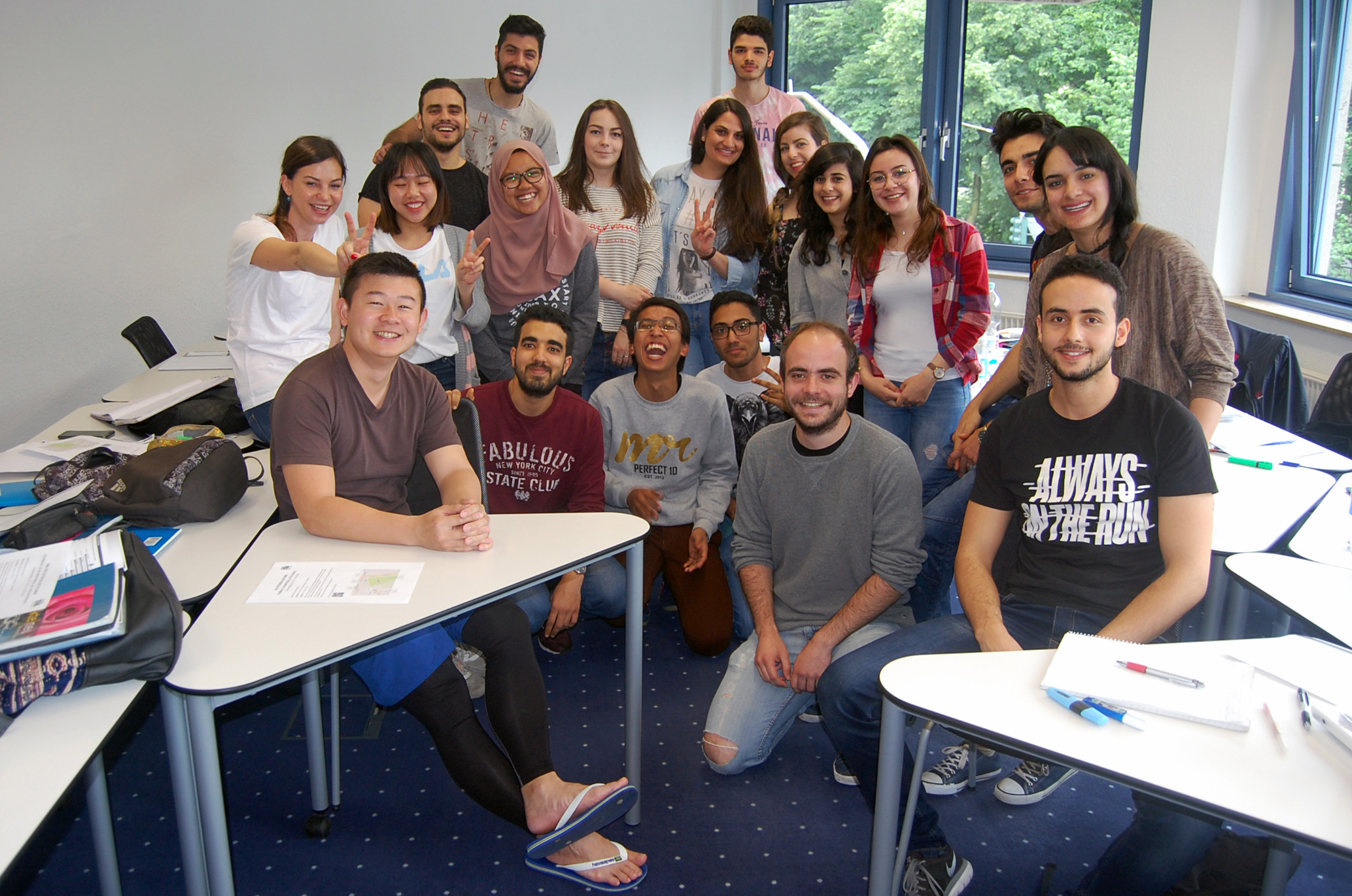Mastering Exams: 10 Strategies to Boost Your Scores
Welcome to our guide on mastering exams and boosting your scores! Exam season can be a challenging time for many students, but with the right strategies and preparation techniques, you can approach your exams with confidence and achieve the results you desire. Whether you're studying for a final exam, a standardized test, or any other type of assessment, having a solid preparation plan in place is key to success.
In this article, we will explore ten proven strategies to help you enhance your exam performance and achieve higher scores. From effective study methods to stress management techniques, we'll cover a range of tips and tricks to ensure you are well-equipped to tackle any exam that comes your way. So, if you're ready to take your exam preparation to the next level, keep reading to discover how you can maximize your study efforts and boost your scores. Let's dive in!
Effective Study Techniques
Learning how to study effectively is crucial for exam success. One proven technique is to create a study schedule that includes dedicated time slots for each subject. Breaking down your study sessions into smaller, more manageable blocks can help improve focus and retention.
Another useful technique is to actively engage with the material you are studying. This can involve techniques such as summarizing key points in your own words, teaching the material to someone else, or creating flashcards for quick review. By actively participating in the learning process, you reinforce your understanding and memory of the subject matter.
In addition, practicing past exam papers is a highly effective study technique. This allows you to familiarize yourself with the format of the exam, identify areas where you may need more practice, and build your confidence in tackling similar questions on the actual test day.
Time Management Tips
When preparing for exams, effective time management is crucial. It's essential to create a study schedule that allows for regular breaks to prevent burnout. Prioritize your study sessions based on the weightage of topics in the exam syllabus. By allocating more time to challenging subjects, you can ensure thorough understanding and retention.
Another helpful tip is to utilize study tools and techniques that help optimize your time. Use tools such as flashcards, mind maps, and study apps to streamline your learning process. These tools can help you absorb information more efficiently and make your study sessions more productive.
Lastly, practice time management during mock exams to simulate real exam conditions. Set a timer, answer questions within the time limit, and review your performance afterward. This practice will not only enhance your time management skills but also boost your confidence during the actual exam.

Stress Management during Exams
Stress is a common experience during exams, but it can hinder your performance if not managed effectively. To combat exam stress, start by planning your study schedule in advance. Creating a realistic timetable allows you to allocate sufficient time for each subject, reducing last-minute cramming.
Alongside organization, incorporating regular breaks into your study sessions is crucial for alleviating stress. Engage in activities that relax your mind, such as taking a short walk, practicing deep breathing exercises, or listening to calming music. This helps maintain your focus and prevents burnout.
Lastly, remember to prioritize self-care during exam periods. Ensure you get enough sleep, eat nutritious meals, and stay hydrated. Engaging in exam preparation for JEE , such as yoga or meditation, can also help reduce stress levels. By taking care of your overall well-being, you will be better equipped to tackle exams with a clear and focused mind.